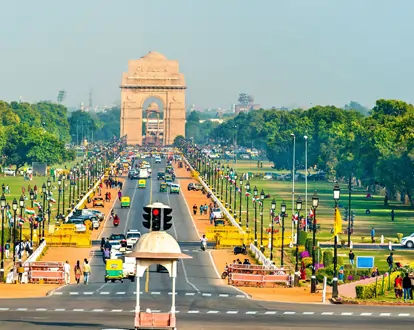a2z Edu Care – Guiding Bangladeshi students abroad with expert counseling, scholarship advice, and visa assistance.
1. Affordable Education & Living Costs
India provides high-quality education at competitive fees. Tuition and living expenses are budget-friendly, making it an excellent choice for students seeking value without compromising on academic standards.
2. Globally Recognized Degrees
Indian universities are internationally accredited and recognized. Students can earn degrees accepted worldwide while benefiting from cost-effective education in Asia.
3. Vibrant Culture & Safe Environment
India offers a unique mix of traditional heritage and modern urban life. International students experience a welcoming, safe, and dynamic environment for academics and personal growth.
4. Strategic Location in South Asia
Situated in South Asia, India provides easy access to neighboring countries, making travel and cultural exploration across the region convenient for students.
5. Quality Lifestyle & Modern Facilities
With modern campuses, advanced infrastructure, and a growing standard of living, India offers students comfortable accommodations, healthcare facilities, and a vibrant lifestyle.








